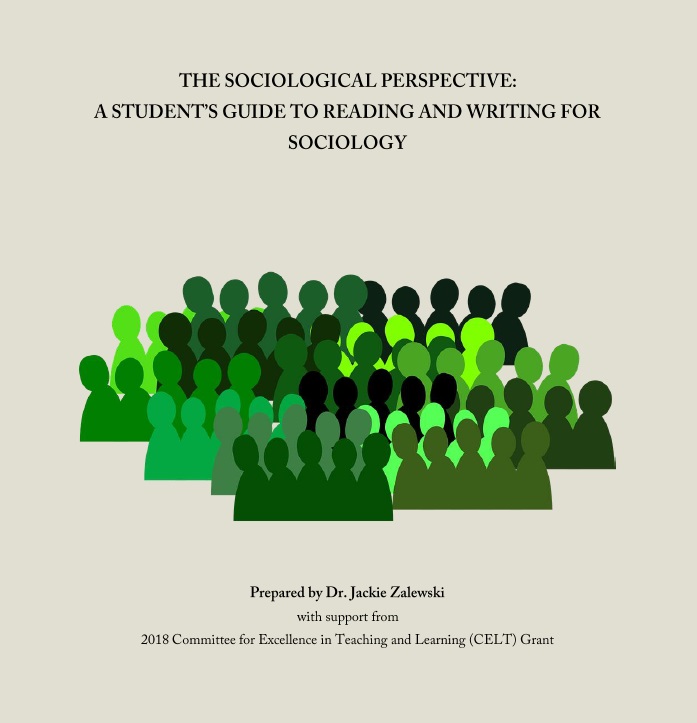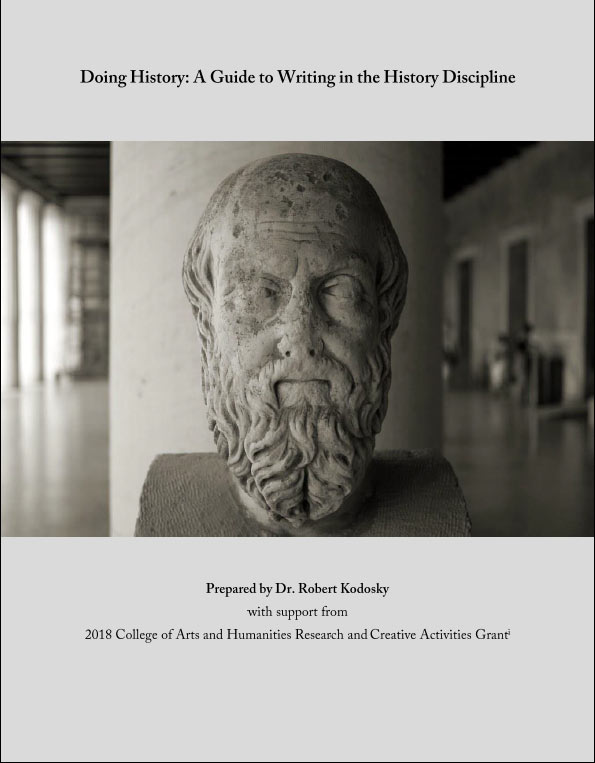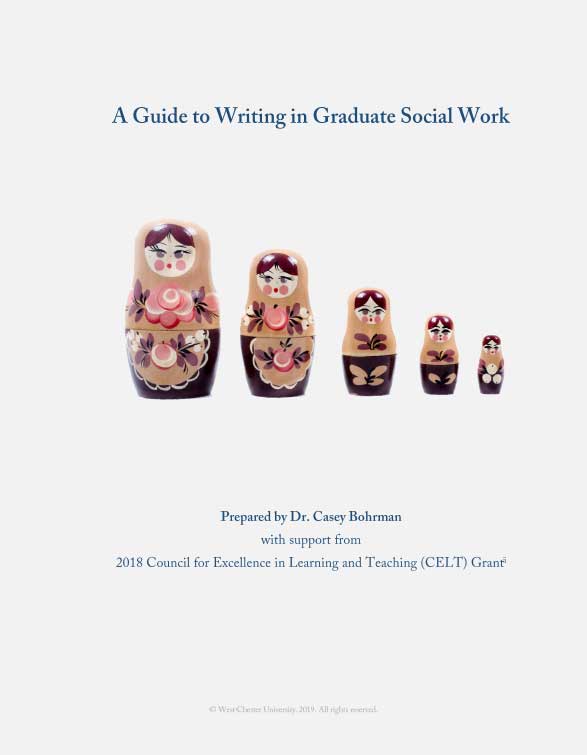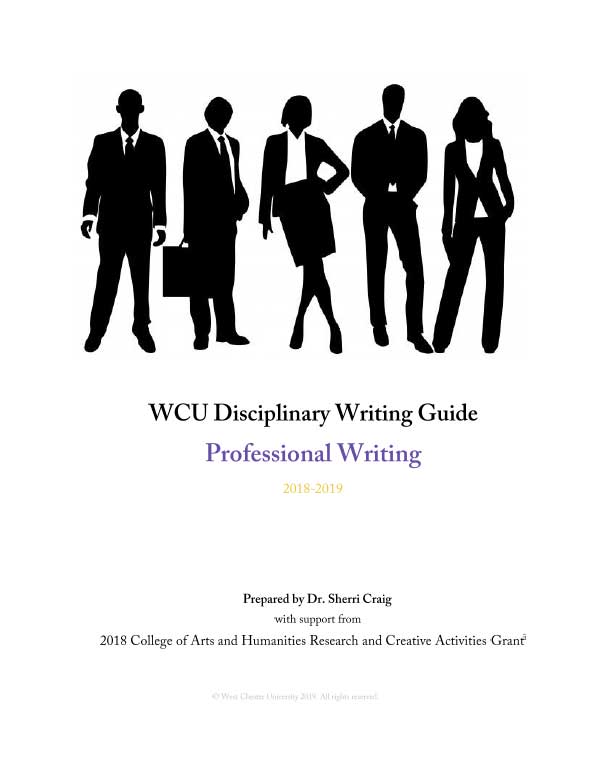Resources for Students
Why does my degree require writing courses?
Becoming an effective writer and thinker isn’t as simple as demonstrating your knowledge of basic grammar and mechanical rules, or mimicking an academic style of English. To be an effective writer and thinker in your field of study requires a close examination of the kinds of writing moves, thinking moves, stylistic preferences, citation conventions, and genres that leaders in your field use to do their work. It also requires sensitivity to the rhetorical dimensions unique to a field of study, such as audiences, situations, and values. This means that as you progress through your sophomore, junior, and senior years of study you should be sharpening not just your general writing abilities, but developing writing abilities that are distinct within your field of study. It’s for this reason that every program at West Chester University offers at least one writing-emphasis course as part of our Writing Across the Curriculum program. In these courses you will earn credit in advanced classes within your major while you also learn the unique writing conventions of that field of study.
What are the writing-emphasis requirements here at WCU?
Undergraduate students at West Chester University take writing-emphasis courses once they’ve passed a WRT200-level critical research writing class. While first-year writing courses prepare you to succeed as a college-level writer these course are not tailored to your major field of study. In order to learn how to be an effective writer, communicator, and critical thinker in your field of study, you must take courses that emphasize writing alongside the content of your field.
Students entering the university as first-year students or transferring to the university with fewer than 40 transfer credits must take three writing-emphasis courses that are designated as writing-emphasis, one of which must be at the 300-level or above, and one of which must be within the student’s field of study.
Writing-emphasis courses cannot be transferred from another university for credit; however, the number of writing-emphasis courses required will be reduced based on how many credits are being transferred:
Transfer students who enter with 40-70 credits must take at least two writing emphasis courses that total at least six credits.
Students who transfer more than 70 credits must take at least one writing emphasis course that totals at least three credits.
Check out this list of current writing-emphasis courses and work with your advisor to select courses that will help you meet WCU’s writing-emphasis requirements.
How does writing relate to critical and innovative thinking?
Humans use language in nearly every capacity as they go about their day-to-day thinking, whether it be intellectual thoughts (what should we do about the changing climate?) or mundane thoughts (remember to grab my gym bag today). Yet there is a limit to how advanced our thinking can be when it remains in our minds alone, and we can’t arrive at sound solutions to fundamental civic, professional, social, or sustainability related problems by thinking about them in our minds alone. In order to advance our thinking we must first write thoughts down where they can be scrutinized, shared, and made available to others for response.
In this way, writing is required to do advanced thinking because it’s a way to move our language beyond the domains of our minds so that we can judge and question our thoughts diligently. Once we begin to share thoughts through writing that are not simply impulsive ideas, but ideas which have been scrutinized by ourselves and by others, we can begin to pose innovative solutions to some of the challenging questions of our time.
Students who wish to become thought leaders and innovators should take the time to practice writing habits and harness the advanced thinking that writing enables during their studies at West Chester University.
What do writing-emphasis courses entail?
Writing-emphasis courses will look somewhat different in every course, but in general students should expect some of the following:
Small-class learning environments: writing-emphasis courses do not enroll more than 25 students, which creates a small and more personal environment in which learning about writing can take place.
Informal writing assignments: writing-emphasis courses engage students with informal assignments such as journals, blogs, in-class writings, letter writing, or other genres of writing that help those students use writing to learn complicated concepts in the course of study.
Formal writing assignments: writing-emphasis courses ask students to participate in at least one formal writing assignment wherein students can demonstrate their mastery of the unique writing and thinking moves in the field or course of study.
Writing instruction: students will not just be given informal and formal writing assignments, but will be engaged with in-class discussions and demonstrations of effective writing techniques that are valued in that field of study.
Instructor feedback: On at least one assignment, students in writing-emphasis courses will receive feedback on their writing from the professor and will be given an opportunity to improve that writing in response to feedback received.
Opportunities for revision: throughout a writing-emphasis course students will be given opportunities to revise and improve their written work through peer feedback and/or instructor feedback.
What supports exist on campus if I want to work on my writing?
The University Writing Center and University Writing Center Writer Resources Page
The Learning Assistance & Resource Center
What opportunities exist on campus if I want to publish some of my writing?
One of the most exciting and rewarding aspects of writing is the opportunity to share critical thoughts, research, and innovations with others.
Students interested in journalism can write for the university newspaper The Quad
Students interested in creative writing can write for Daedalus
Students interested in publishing scholarship and research can submit work to Ramifications
Subject Guides for Writing in the Disciplines
Doing History: A Guide to Writing in the History Discipline
A Guide to Writing in Graduate Social Work




